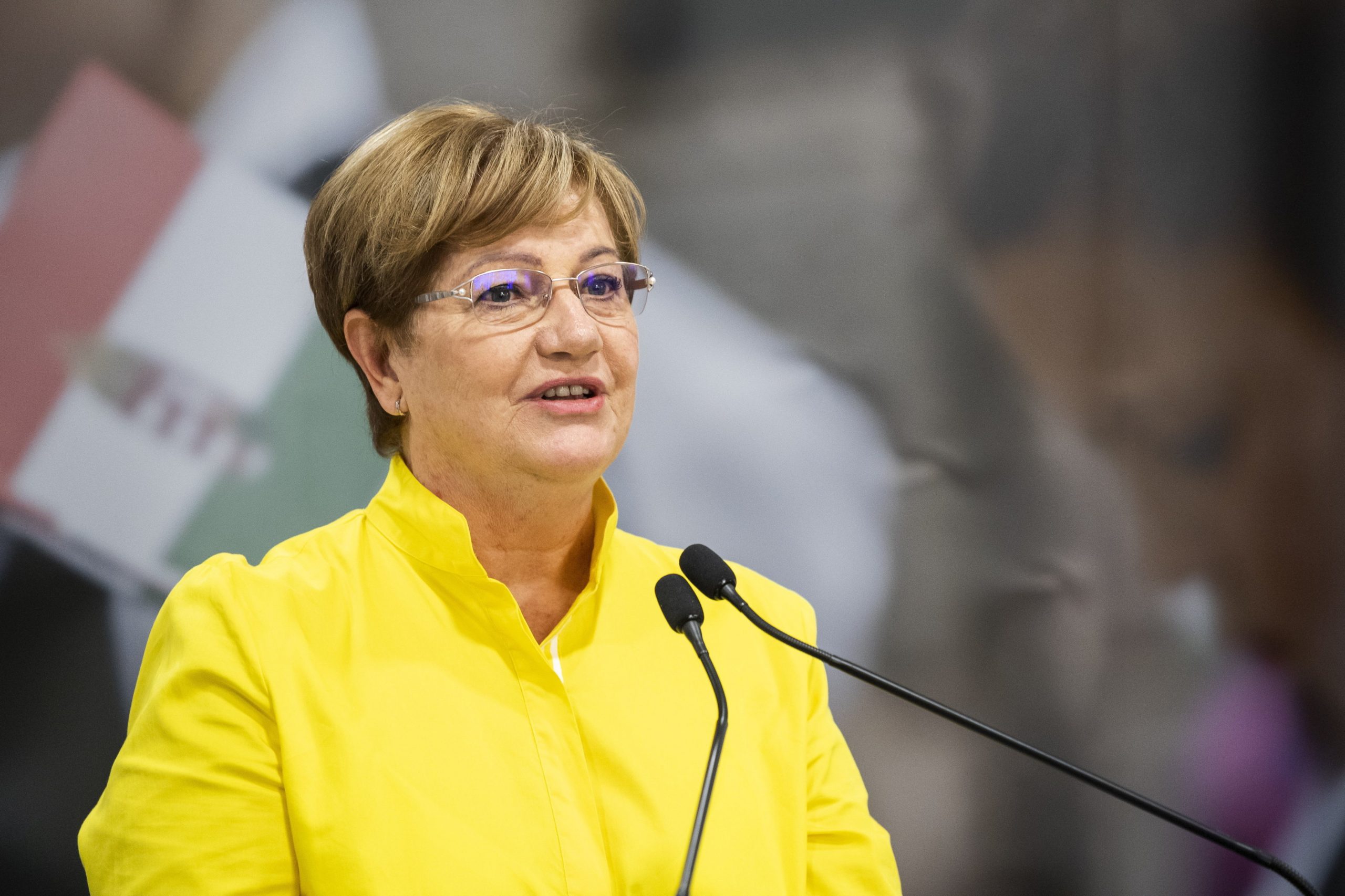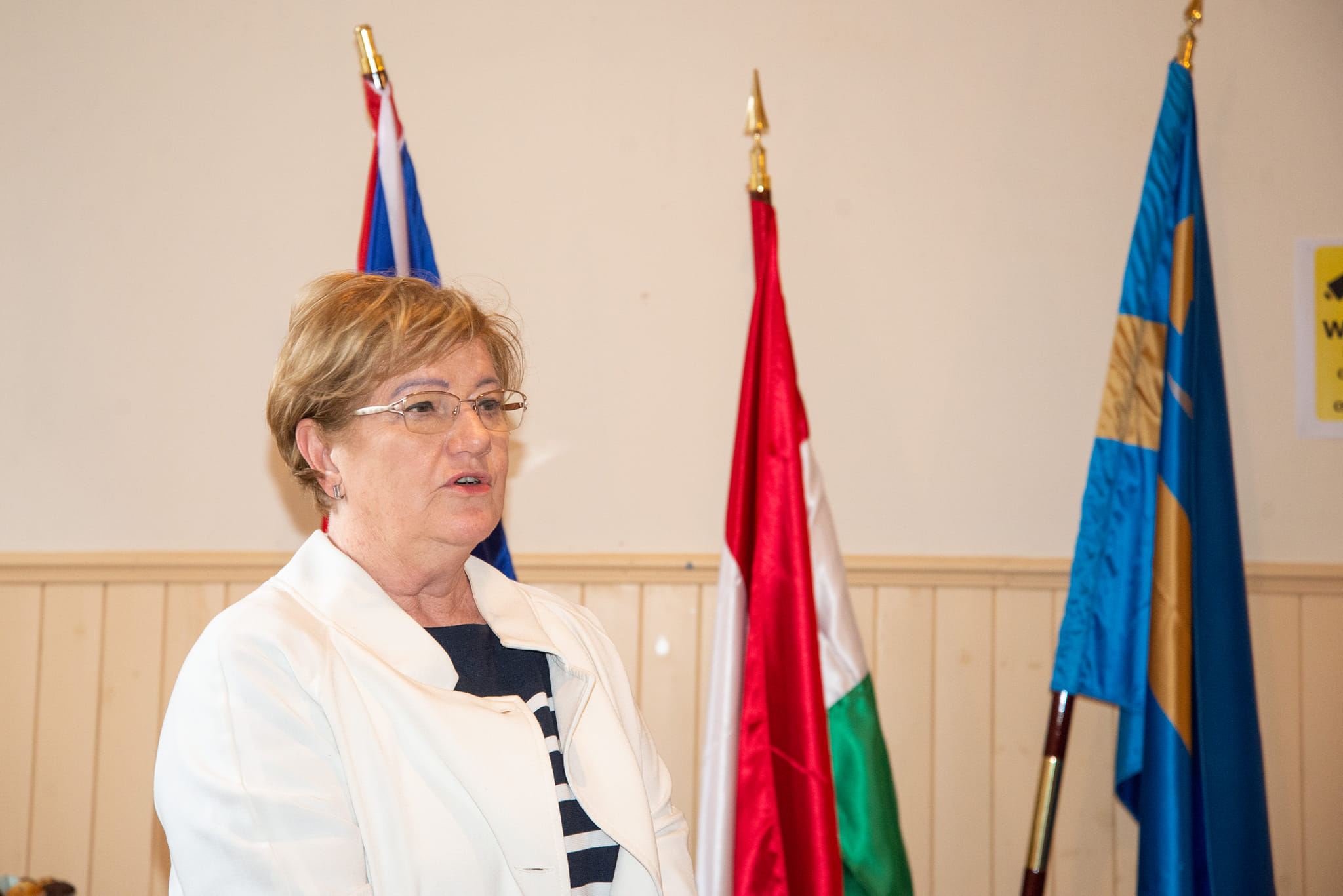
The EU is prepared to address the issues of all kinds of minorities except that of the 50 million people belonging to national minorities making up 10 % of the bloc's population, Szili said.Continue reading

Thirty years ago, the Komárom Assembly made people aware that peaceful coexistence and lawful relations between different nationalities are the basis for social peace and prosperity, said Katalin Szili, the Prime Minister’s chief advisor.
Katalin Szili noted that at the Komárom Assembly on January 8, 1994, the 3,500 legitimate representatives of the Hungarian minority in Slovakia formulated the principles of self-determination and expressed their demand for self-government. She added that the resolution of the Assembly summarized the political and self-government rights of the Hungarian people, the method of administrative and territorial reorganization, and the desired constitutional status.
The most essential element of the declaration was the demand for community status, the claim that Hungarians in Slovakia should define themselves as a national community.
The statement stressed that the Hungarian community has the right both to self-determination and to internal self-governance
within the framework of the state, in accordance with the European principle of subsidiarity.
Among other things, the participants stated that they were calling for special status for regions with a significant Hungarian population in order to protect the identity of the Hungarian people. They expressed their demand for the system and powers of minority self-government to be enshrined in law, and declared their intention to continue to be the initiators of Slovak-Hungarian reconciliation in the future, Szili reflected.
According to Szili,
we can conclude that even after thirty years, many questions remain unanswered.”
Only united and consistent action developed in the course of the dialogue can lead to the realization of the goals of preserving the survival and identity of the Hungarian nation.
“Today, it is primarily up to the majority and minority communities and their leaders to turn legitimate aspirations into a common will, so that our successors can be the custodians of a genuine reconciliation,” she concluded.
Via MTI; Featured Image: Facebook / Dr. Szili Katalin